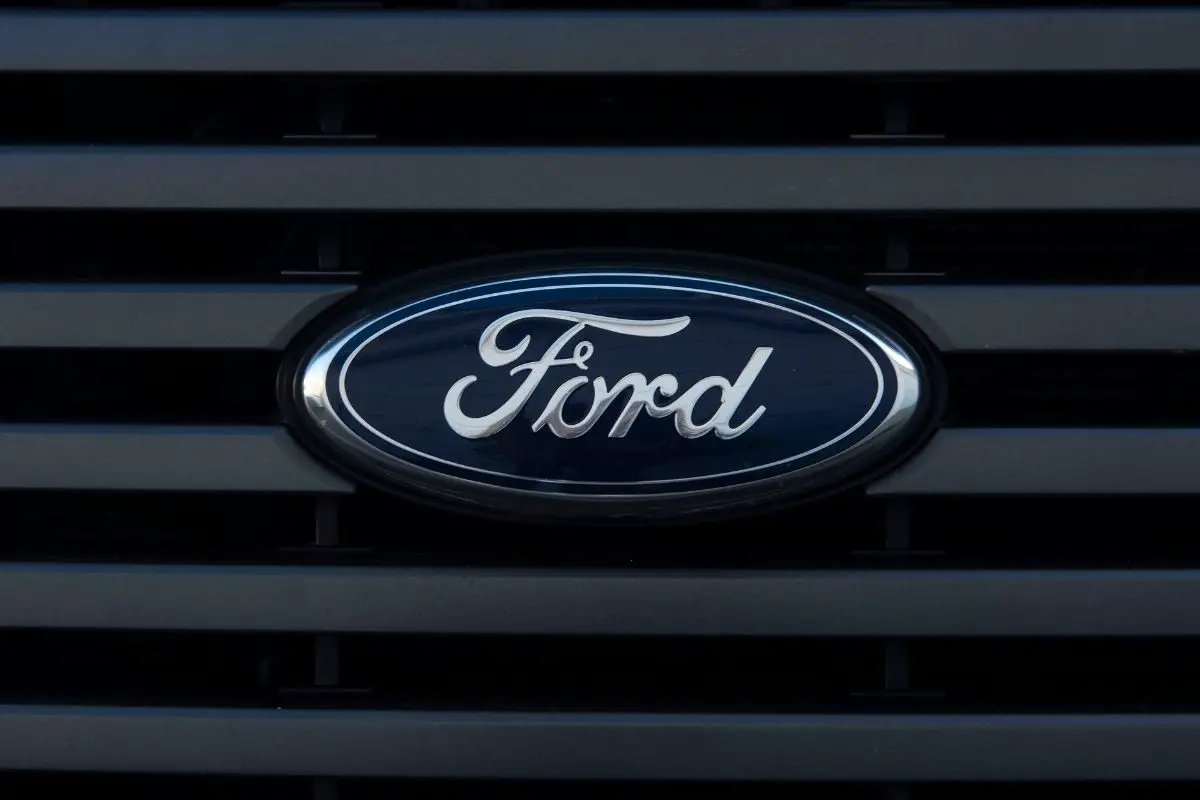
Ford files for US patent of hydrogen combustion engine
March 28, 2022The automaker is splitting its business into two separate divisions with a focus on decarbonization.
Ford has filed for a hydrogen combustion engine patent with the U.S. Patent and Trademark Office.
The automaker also recently made several announcements regarding its decarbonization progress.
Earlier in March, Ford announced that its business would be dividing into two distinct divisions. The Model E would be the division responsible for the automaker’s battery electric vehicles (EVs) moving forward. The brand already has a number of EVs in the works. On the other hand, the company’s Blue division will work on combustion models and, based on the patent filing, this will include work on a hydrogen combustion engine.
The patent filing was first discovered by Muscle Cars and Trucks. This technology steps away from the more conventional way of using H2 in vehicles, which is to power an electric motor using fuel cells as the source of electricity. This new patent represents a supercharged alternative that would be fueled by H2.

The hydrogen combustion engine isn’t entirely dissimilar from a conventional version using fossil fuel.
According to the report made on the initial discovery of the patent, the new engine being patented would have the capacity to operate across a spectrum of air/fuel lambda values. As is the case with a traditional combustion engine burning fossil fuel, exhaust gas recirculation (EGR) and valve timing would be employed for controlling the processes.
The information available in the filing showed that the engine would be capable of lambda values greater than 2.00. That would mean that the air/fuel mix would be a minimum of 68 parts air to 1 part H2. Comparatively, a conventional modern gasoline engine varies from 0.54 lambda and 1.25 lambda.
Also included in the patent filing was the H2’s delivery through direct injection to the cylinders. In theory, this would mean that the H2 in the hydrogen combustion engine would produce 15 percent more power than its gasoline-powered equivalent. For the purposes of the patent filing, the design is also viewed as a component of a hybrid powertrain with the motor-generator located between the transmission and the engine.


 With over 15 years of reporting hydrogen news, we are your premier source for the latest updates and insights in hydrogen and renewable energy.
With over 15 years of reporting hydrogen news, we are your premier source for the latest updates and insights in hydrogen and renewable energy.
JCB are working on similar technology. Why convert hydrogen into electric power through a fuel cell to power an electric motor?
Agree. Once we can produce volume H2 through renewables, it does not make sense to then reduce the energy potential of the fuel.
Because the process of high temperature combustion also creates oxides of Nitrogen which are very toxic. A fuel cell cannot do this
Also , electric motors are more powerful than combustion, and much more reliable with hardly any moving parts
Reciprocating parts wear out and so cost the motorist
Hi Colin, the answer is that burning anything with air produces harmful nitrogen oxides (NOx) that kill and damage the environment. Also internal combustion engines are less than 35% efficient in converting the hydrogen to mechanical power while hydrogen pumped into a fuel cell will be more than 80% efficient in converting it to electric power, although you still have a small power loss in converting the electricity to mechanical power.
Really Great move. Do we need more hydrogen capcity tank- too Bar pressure?? Should aor be very dry and scrubbed.
In Germany the KEYOU GmbH company converts new and existing diesel engines with high pressure hydrogen fuel injectors and the efficiency and low cost competes with zero pollution hydrogen fuel cells. In Canada the WestPort Fuel Systems unveils HICE for Heavy-Duty Truck Applications plus Toyota and Yamaha are developing a hydrogen fueled V8 engine as well. The NOX problems apparently have been solved when Dr Roger Billings injected water into combustion chamber back in 1966, as a high school senior.
Berrow- Zeice is a patent zero emissions internal combustion engine
Runs on hydrogen
Good luck Ford call me when your done messing around